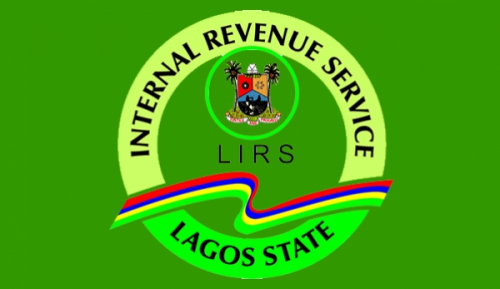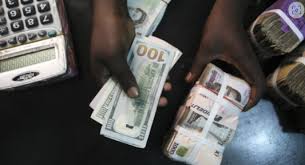PPPRA Union Demands Fuel Price Increase, Fuel Tax
The Petroleum Products Pricing Regulatory Agency, (PPPRA), branch of the Petroleum and Natural Gas Senior Staff Association of Nigeria, (PENGASSAN) has called on the government for the introduction of fuel tax that will lead to the adjustment of the current fuel pump price.
PENGASSAN has proposed the addition of N1.50 to the current fuel price of N87 per litre as fuel tax, which if approved by government will compel Nigerians to pay N88.50 for a litre of petrol.
Daily Times learnt that the Fuel tax being canvassed is a component of the fuel pricing template in most advanced economies, is a special tax imposed by government on fuel consumption by citizens.
The Association said that introducing fuel tax in the country’s fuel pricing template would help replace the subsidy elements in the current template, help generate revenues from the sale of petroleum products to be channelled into key sectors of the economy, like road construction and maintenance, health care delivery and education.
The branch chairman of the association, Victor Ononokpono, explained that fuel tax could provide alternative revenue source for critical services, adding that Nigeria was one of the few countries without a tax component in the local pump price.
According to him, “It is an anomaly to allow petroleum marketers profit from the available margins without considering the social function of a very vital economic product like petrol and other white products.”
He maintained that fuel tax, like highway maintenance and consumption tax in most advanced countries are with the sole aim of revenue generation, social infrastructure, investment and servicing efficient fuel usage.
The union urged government to improve on the funding for the PPPRA and noted that the challenge of monitoring and regulating the country’s petroleum industry was overwhelming without adequate funding.
The association said it was a major tragedy for a key sector like Works to have its annual allocation for capital projects in the 2015 budget cut by about 89 per cent, from the initial proposal of N150 billion to only N11 billion.
In order to ensure the introduction of the tax, Mr. Ononokpono insisted that there was need for the various industry operators to consider reviewing the N13.20 per litre cost components in the pricing template under the distribution margins for fuel marketers.
Accordingly, the association urged petroleum marketers and other stakeholders in the oil and gas industry come up with a blueprint that would compel the industry to adopt economic policies for the reconstruction of the country’s badly affected foreign earnings.
The dwindling oil revenues, the union noted, had put severe pressure on the country’s economy, as the external reserves last week dropped to $29.9 billion, below the level capable of supporting a minimum of four months import bill.
The decline, the association said, came with last week’s withdrawals by government to meet foreign exchange demands for petroleum products imports, adding that the acceptable international standard for healthy reserves for most countries is six months import cover.
The pressure on the country’s reserves worsened in the fourth quarter of 2014 with the decision of the Central Bank of Nigeria to devalue the Naira from N155 to N168 to the dollar, and later to the current N199 to the dollar.
However, for Nigeria to be comfortable with its foreign reserves, the country must have a minimum of about $48 billion in the reserve.
Other stakeholders have severally called for the deregulation of the downstream sector of the petroleum industry as a way of ending the negative cycle of fuel scarcity and huge subsidy payments by government.
This proposal by the oil worker followed a similar demand by the Executive Secretary of the Major Oil Marketers Association of Nigeria, Thomas Lawore, who called for the immediate introduction of full deregulation of the downstream sector of the petroleum industry.
Daily Times also recalled that in the face of dwindling earnings in recent times as a result of the massive drop in global crude oil prices, the Federal Government has proposed a number of measures to increase the nation’s income.








